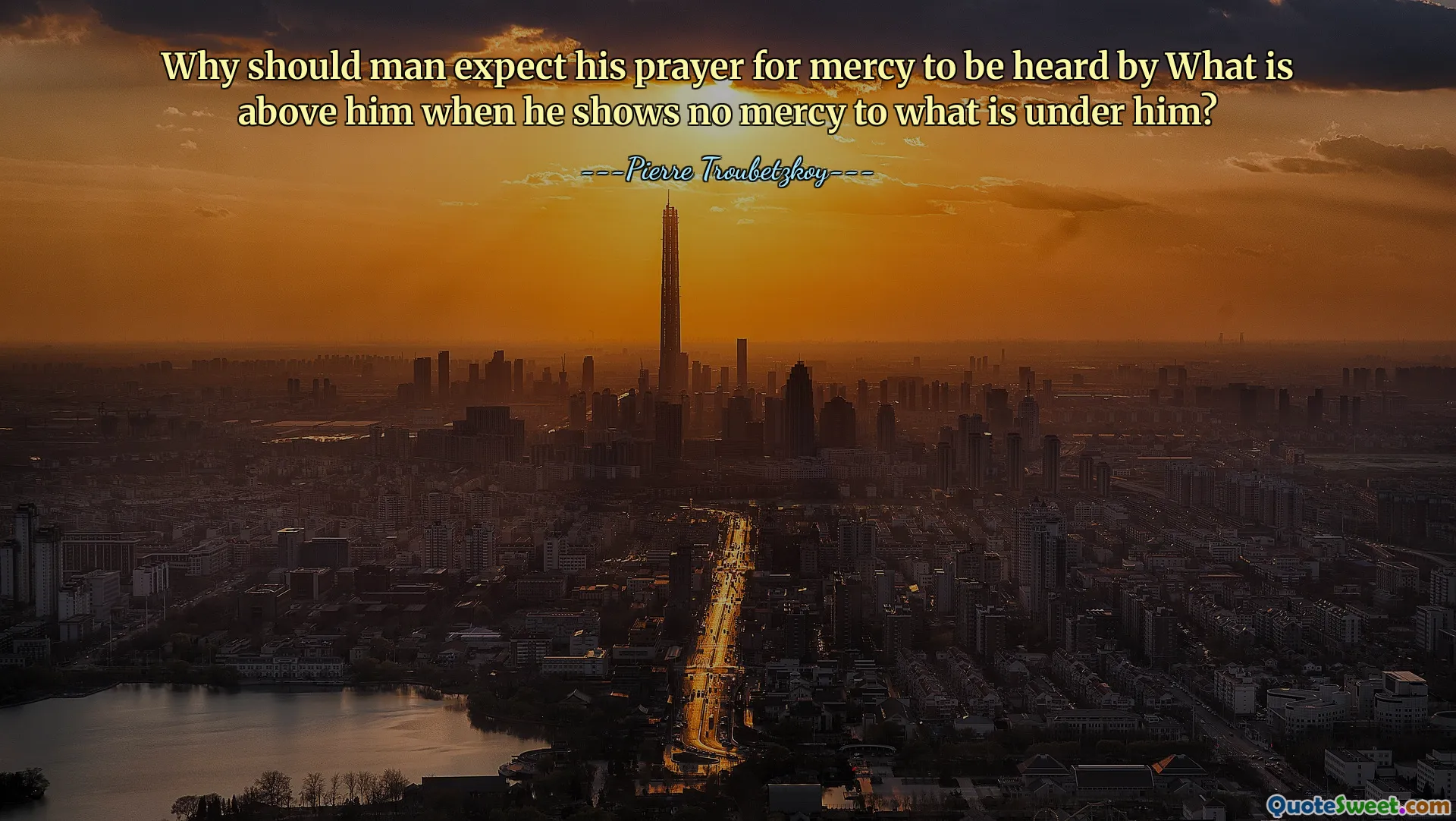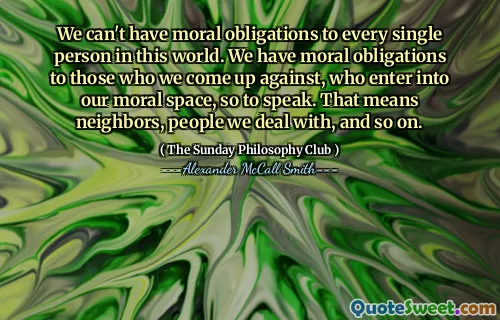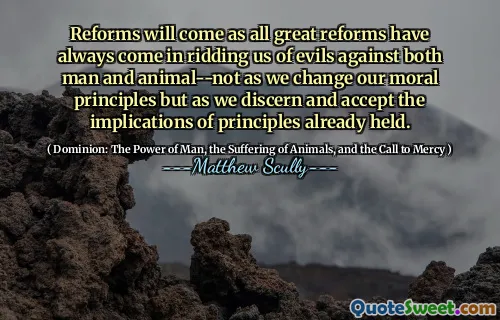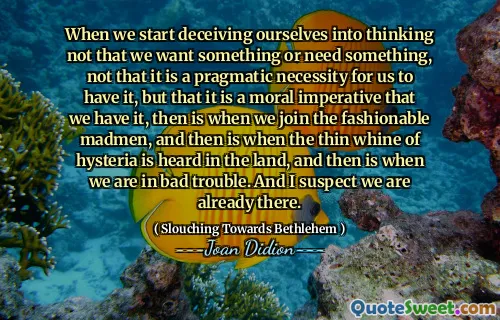
Why should man expect his prayer for mercy to be heard by What is above him when he shows no mercy to what is under him?
This quote underscores the profound principle that mercy and compassion are reciprocal virtues, fundamental to moral integrity and social harmony. When individuals or leaders neglect to show kindness and fairness to those beneath them—be it subordinates, weaker members of society, or those in their care—it undermines their moral authority and diminishes the sincerity of any appeals for compassion or divine mercy they might make later. The act of showing mercy is often viewed as a reflection of one's inner moral character; hence, if one treats others unjustly or harshly, expecting benevolence in return or from higher powers becomes hypocritical.
In a broader context, this quote invites us to reflect on the interconnectedness of human actions and the importance of humility and empathy. Showing mercy helps to build trust and foster a sense of community, whereas cruelty or indifference erodes social bonds. Leaders and individuals alike are called to exercise fairness and compassion in their interactions, recognizing how their behavior towards others shapes their moral and spiritual standing. It emphasizes that true humility before higher powers or the universe involves aligning one's actions with virtues of kindness and understanding.
Furthermore, this perspective can be a reminder that justice is a mirror for divine or cosmic justice; treating others with cruelty not only harms social cohesion but also corrupts one's soul. Expecting mercy without practicing it oneself is inconsistent; it reveals a disconnect between belief and behavior. When we neglect the interconnected nature of mercy, we risk promoting a cycle of hostility and indifference. Ultimately, this quote advocates for integrity of action and sincerity in seeking mercy—both divine and human—by embodying the very virtues we desire to receive.









